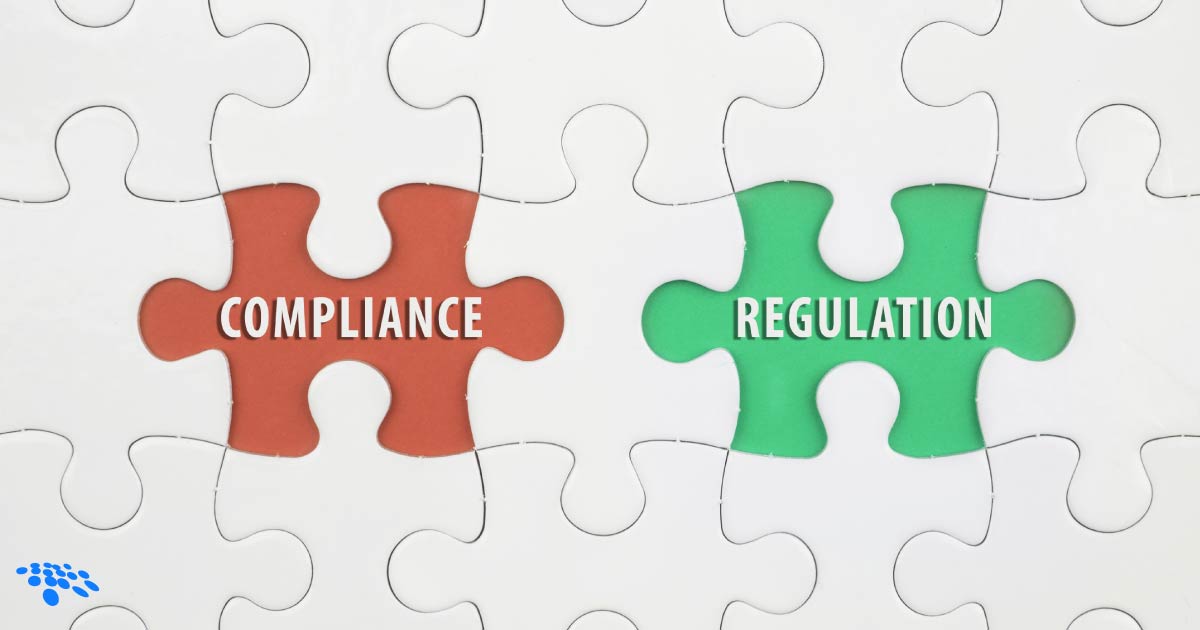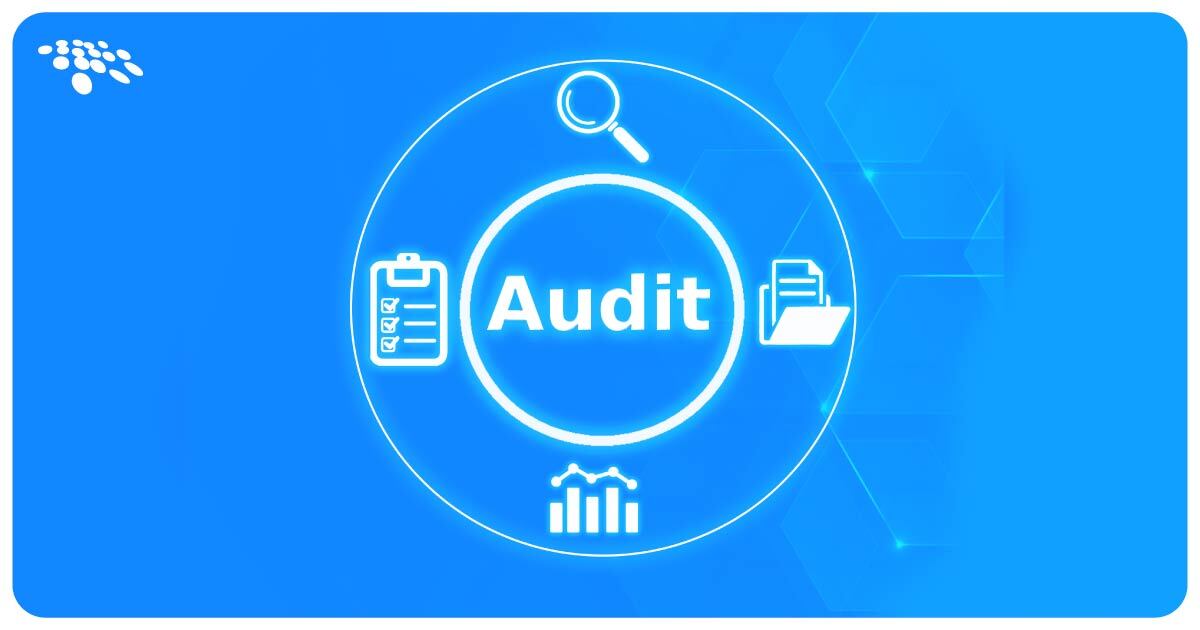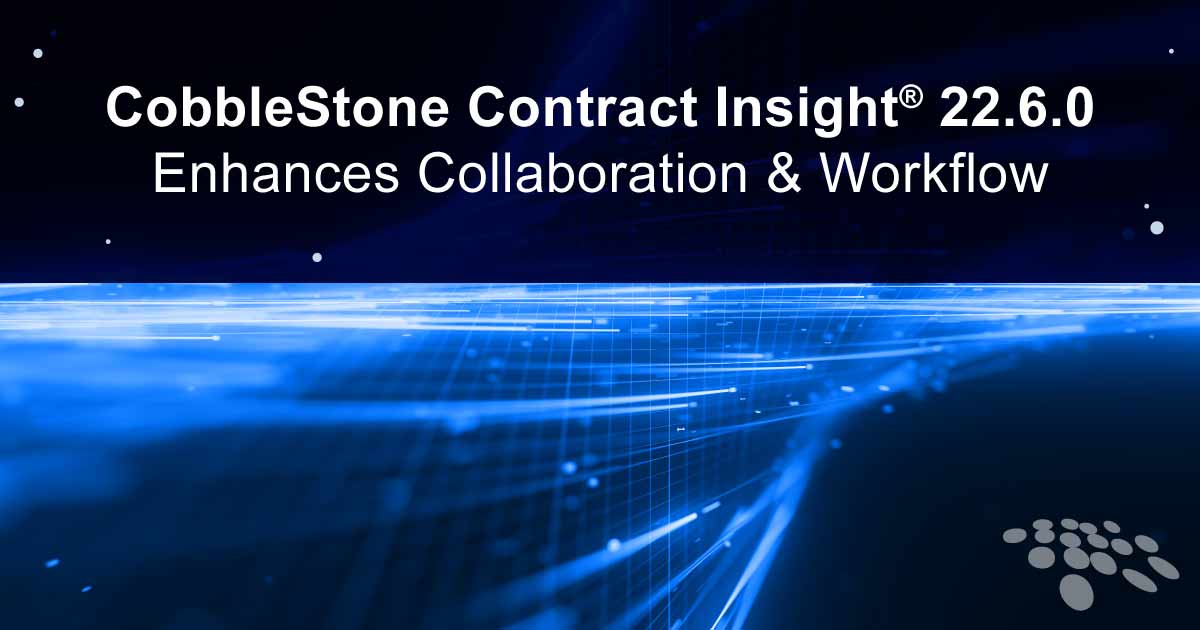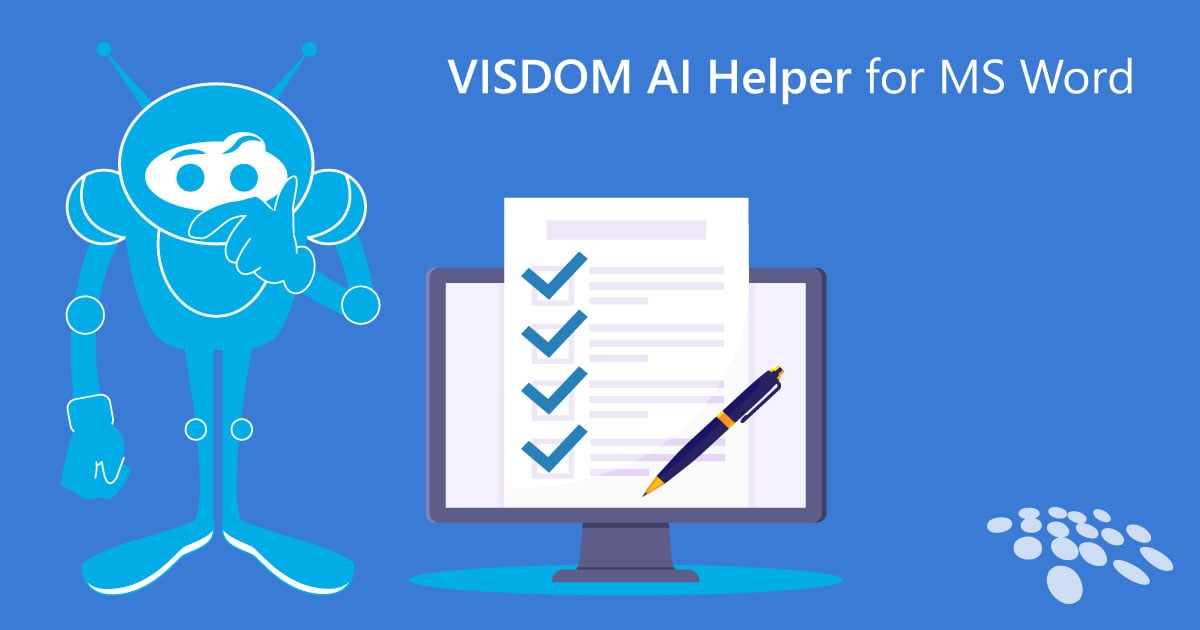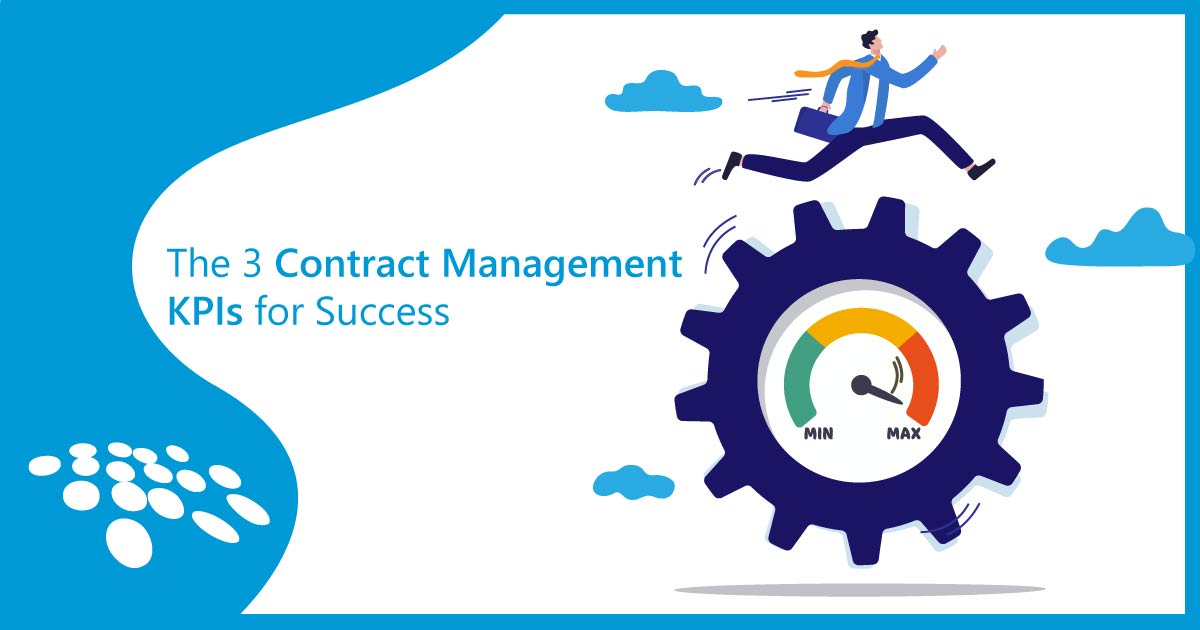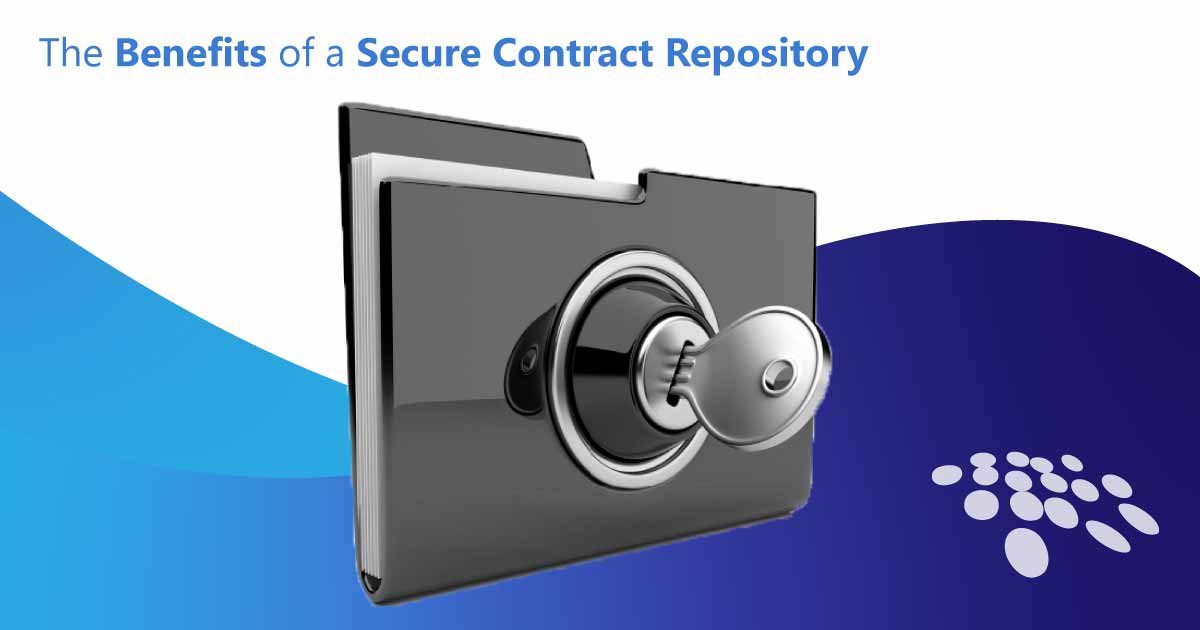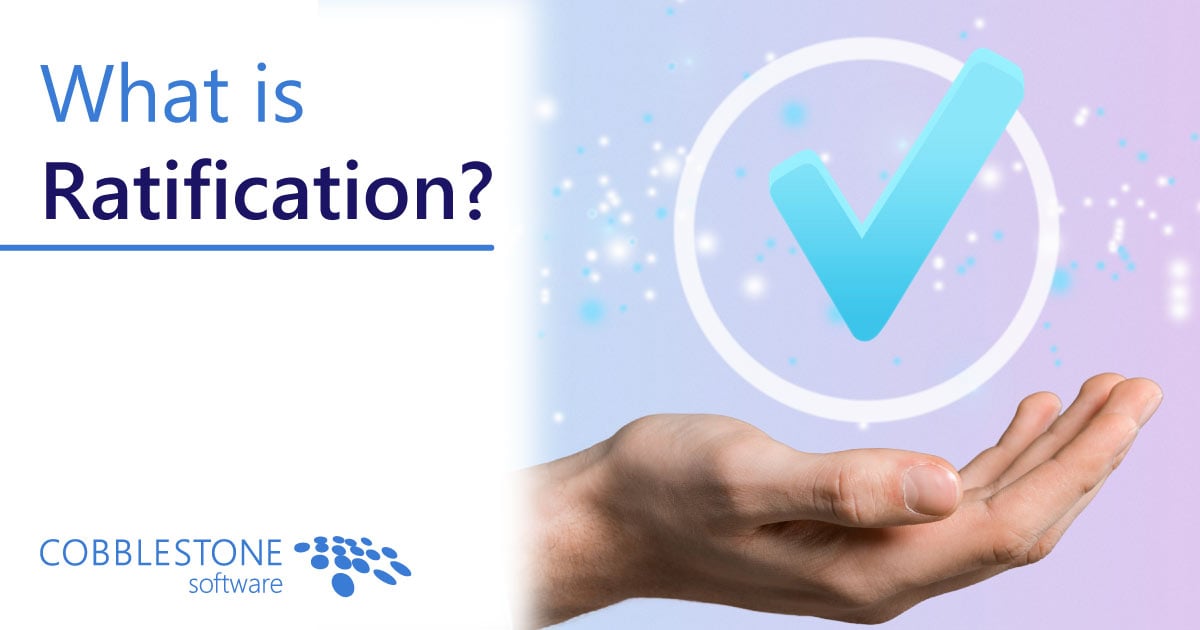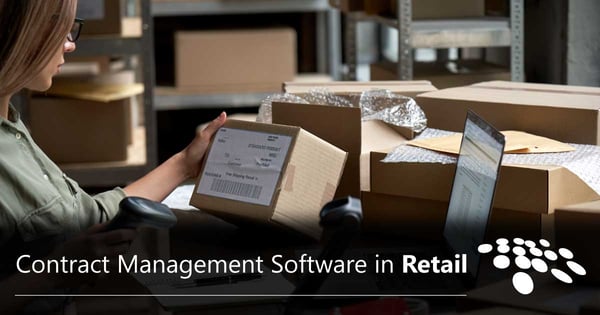
In the fast-paced and dynamic world of retail, effective contract management is paramount for maintaining successful vendor relationships, ensuring compliance, and maximizing profitability. The retail industry faces unique challenges - including managing numerous supplier contracts and agreements with service providers and landlords. To overcome these challenges, retail organizations can leverage contract management systems tailored specifically for their needs.
In this blog post, we will delve into how contract management software in retail addresses the specific pain points of the retail business, streamlines contract processes, improves compliance, and empowers retailers to make informed decisions.
#1 - Simplified Vendor Contract Management
Retail organizations heavily rely on contracts with vendors - ranging from product suppliers to logistics providers. Managing these vendor contracts can be complex and time-consuming.
Contract management software in retail provides a centralized repository to store and organize vendor contracts - ensuring easy access to critical information such as pricing, terms, and renewal dates. This centralized contract repository streamlines vendor contract management, facilitates timely communication, and enhances contract visibility into contractual obligations. Retailers can effectively negotiate terms, monitor performance, and foster stronger vendor relationships - resulting in improved supply chain efficiency, better contract negotiations, and cost optimization.
#2 - Lease Agreement Optimization
Lease agreements are a type of contract that play a pivotal role for retail organizations with brick-and-mortar stores. Tracking and managing lease contracts can be challenging - especially when dealing with multiple locations.
Management in retail enables retailers to efficiently manage lease contracts by centralizing lease documents, tracking lease terms and conditions and renewals, and providing visibility into rent escalations and more. By having a comprehensive view of lease agreements, retailers can proactively monitor lease obligations, identify opportunities for renegotiation, and avoid costly penalties or missed deadlines.
#3 - Enhanced Compliance Management
Compliance is a critical aspect of retail contract management - with regulations governing data privacy, consumer protection, and product safety. Retail organizations need to ensure they adhere to these regulations to protect their brand reputation and mitigate risks.
Contract management software in retail equips retail organizations with robust compliance management tools - such as automated workflows, document templates with standardized clauses, and contract approval processes. The software helps retailers track compliance requirements, manage vendor certifications, and generate audit trails - ensuring adherence to legal and industry-specific regulations. Retailers can also leverage out-of-the-box or custom-created metadata fields for specific compliance types.
By streamlining compliance management, retail organizations can confidently navigate complex regulatory landscapes, reduce compliance risks, and avoid costly legal consequences.
#4 - Streamlined Promotion and Marketing Contracts
The retail industry heavily relies on promotion and marketing contracts with agencies, influencers, and advertising platforms. Managing these contracts efficiently is crucial for successful marketing campaigns.
Contract management software in retail simplifies the creation, tracking, and management of these contracts. Retailers can streamline approval processes, track campaign timelines, and ensure contractual compliance for promotions. By effectively managing these contracts, retailers can execute marketing strategies efficiently and measure the success of promotional campaigns (including seamless CRM integration). The software enables retailer legal departments to optimize marketing spend, drive customer engagement, and achieve better returns on their marketing investments.
#5 Data-Driven Insights for Retail Success
Contract management software in retail offers powerful contract analytics capabilities that enable retailers to gain valuable insights from their contract data. By analyzing contract terms, pricing, and performance metrics, retailers can identify trends, negotiate better terms, and make informed decisions about vendor relationships. Retailers can reduce costs, optimize procurement strategies, and gain a competitive edge in a crowded market.
Leveraging AI-powered data-driven insights, retail organizations can drive unified organizational oversight from legal departments to sales teams, enhance operational efficiency, and make strategic business choices that align with market demands. With access to actionable data, retailers can make informed and data-driven decisions that propel their business forward.
Key Takeaway
For retailers, efficient contract lifecycle management (CLM) is essential for fostering strong vendor relationships, ensuring compliance, and driving profitability. Contract management solutions tailored to the specific needs of the retail industry offers a comprehensive solution. By simplifying vendor contract management, optimizing lease agreements, streamlining compliance management, facilitating promotion and marketing contracts, and providing data-driven insights, retail organizations can transform their poor contract management processes into strong CLM governance from contract creation to closeout.
The adoption of contract management software in retail built upon a foundation of artificial intelligence revolutionizes the way retail contracts are managed, leading to streamlined operations from requests to electronic signatures to renewal. By embracing contract management software, retailers gain the necessary tools to navigate the complex world of contracts, optimize operations, and achieve sustainable growth in a competitive retail landscape.
To improve contract lifecycle management regardless of your industry – including retail – book a free demo of user-friendly CobbleStone® contract management software in retail today.
To stay up to date on best practices, industry news, and CobbleStone Software updates, be sure to subscribe to our blog and YouTube Channel.
*Legal Disclaimer: This article is not legal advice. The content of this article is for general informational and educational purposes only. The information on this website may not present the most up-to-date legal information. Readers should contact their attorney for legal advice regarding any particular legal matter.
This article was originally published in June 2023 and was updated in September 2024.












